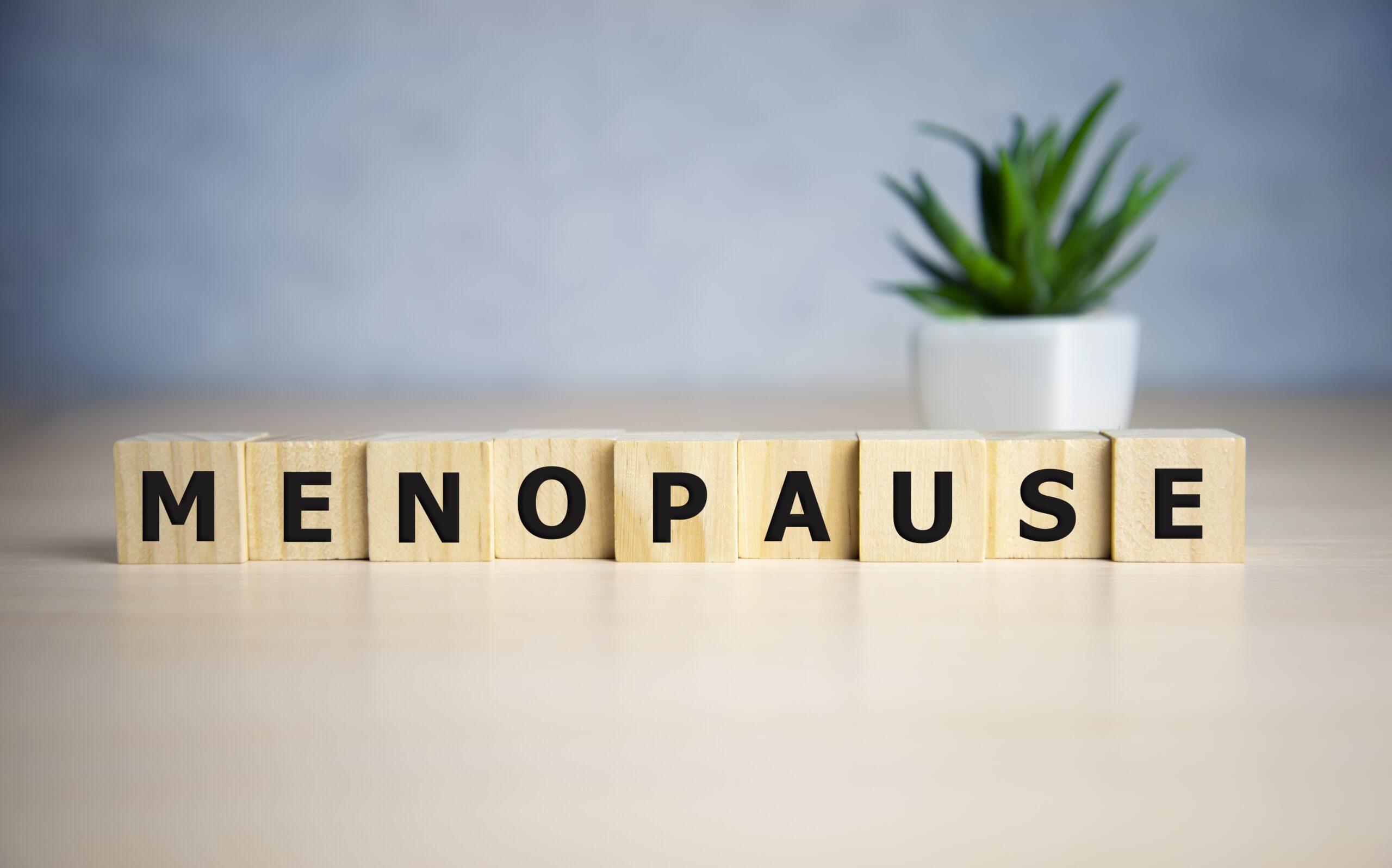
Why talk about menopause in this day and age? Many of us fear the dreaded Menopause – if it has not caused us to sweat all day and night or put on weight, it will give us memory loss and brittle bones or it will terrorise us for years and years.
It is a problem that we need to ‘fix’ and yet we often do not know where to start let alone how to start talking about these concerns with your doctors. So how can we better understand menopause?
What Is Menopause?
Menopause is the period of time after you have not had a period for over 12 months and marks the natural end of our reproductive life. If you have missed a few periods, but you’ve had at least one in the past 12 months, you can’t really know if you’re into menopause yet and you are actually in the perimenopause period.
This period is a reflection of the complex hormonal changes in reproductive hormones within the hypothalamo-pituitary-ovarian axis. Irregular peaks and troughs in oestrogen (oestradiol) cause a lot of the symptoms we tend to attribute to menopause.
Early in menopause, oestradiol excess tends to dominate, causing weight gain, heavy periods and breast tenderness. Even though ovulation is erratic, we still need to consider contraception on top of all this. Later in the menopause, hot flushes and vaginal dryness tend to plague us and this is when other health parameters are essential to address eg your cardiometabolic health, bone density and osteoporosis risk factors and women’s health checks like cervical and breast screening.
It can feel overwhelming when you are trying to ‘fix’ so many things – after all, it is a natural process albeit a more symptomatic one for some of us.
For some of us, we will have a list of symptoms as long as both our arms. Almost all of them can worsen our sleep and psychological health, thus impacting our physical and mental well being.
Just like any important phase of your life, it’s very important to stay healthy.
Here are our top tips to help you breeze through this transition:
1. Do a health audit.
If you’ve been thinking about losing weight or quitting smoking—now is a good time. Take a good look at yourself and your health: have you been ignoring exercise? Are your cholesterol readings or blood pressure getting out of whack? Do you even know your cholesterol profile and blood pressure?
If it’s been a while since you’re had a general check up, use this time as a reminder to organise one. If weight is a struggle, our doctors have extra training and a special interest in the cutting edge methods of weight management.
2. Check your sleep.
Have you been drinking more alcohol to get some sleep? The benefits of sleep for overall health are now being recognised by research, but sometimes getting good quality sleep is easier said than done. Have a discussion with one of our doctors about natural measures you can take to improve sleep, or if you need it, prescription medication.
We’ll be able to show you how to use this safely, without unwanted side effects.
3. Focus on bone health.
Getting plenty of Vitamin D and calcium and eating a healthy omega 3 rich diet while avoiding supplements if you can is best for bone health, but these can be added in if still needing to be replaced.
4. Don’t forget contraception!
(If you need it). Many women think that contraception is not important at this stage, and that cervical screening can be done away with, but these are still important issues to cover. However, we need to keep in mind that now you’re a bit older, some previous forms of contraception you used such as the pill might not be appropriate anymore.
Also, breast screening is important and we can teach you self breast examinations to ensure you detect any changes earlier.
5. Relaaaaax
The late 40’s and early 50’s can be a stressful time in our lives with school-related activities, often ageing parents and our friends and significant other to attend to. This leads to a vicious circle with increasing stress levels leading to higher stress hormones such as cortisol, worsening sleep and greater tendency to gain weight around the mid-section, and… more stress!
If you believe your stress levels have hit an unacceptable level and you’re worried you might have clinical depression and/or anxiety, it might be worthwhile checking in with one of our doctors to discuss further tests or treatments.
Women often have many concerns about menopause. Don’t hesitate to bring any questions or problems to your next doctors appointment – we can help plan ‘problems to fix’ and therefore get you feeling less like menopause is ruining your life and make you feel healthier and happier again.
By Dr Stephanie Sheu and Dr Jackie Montefiore



